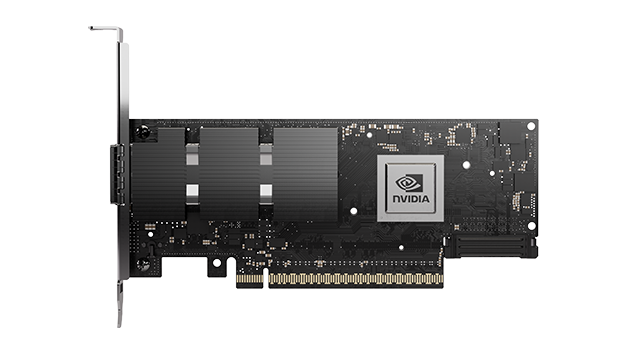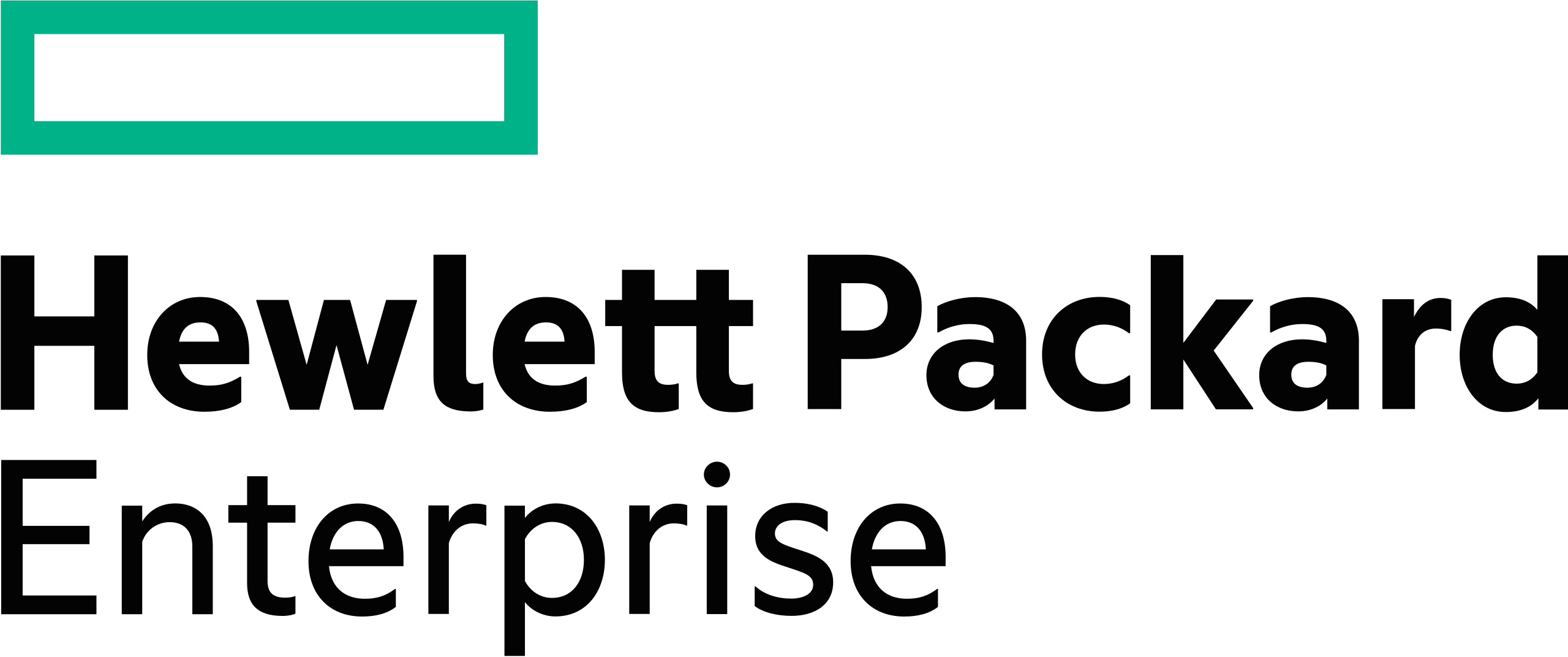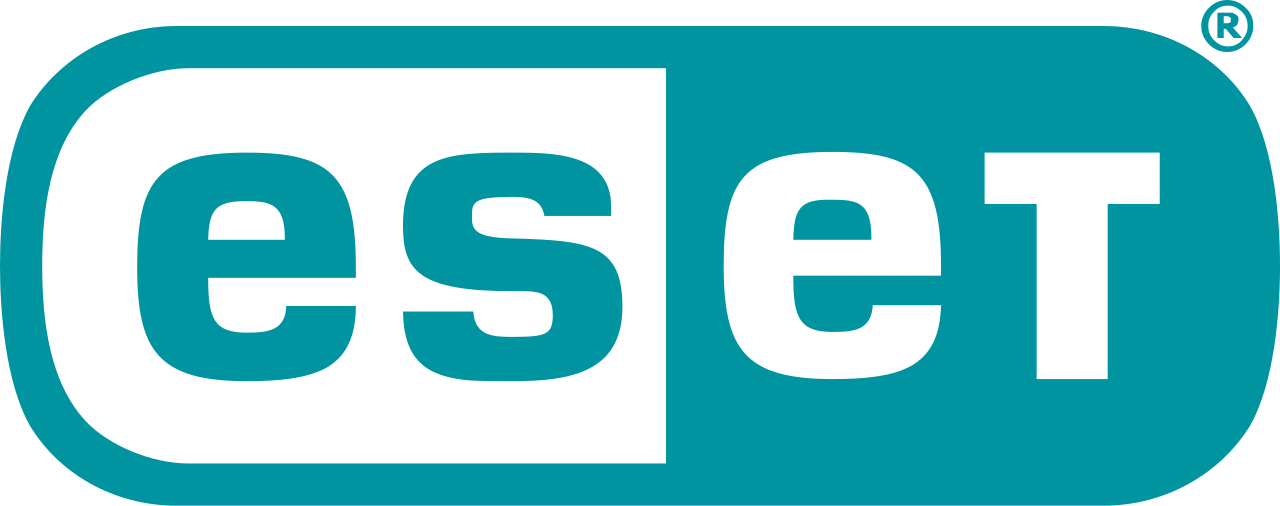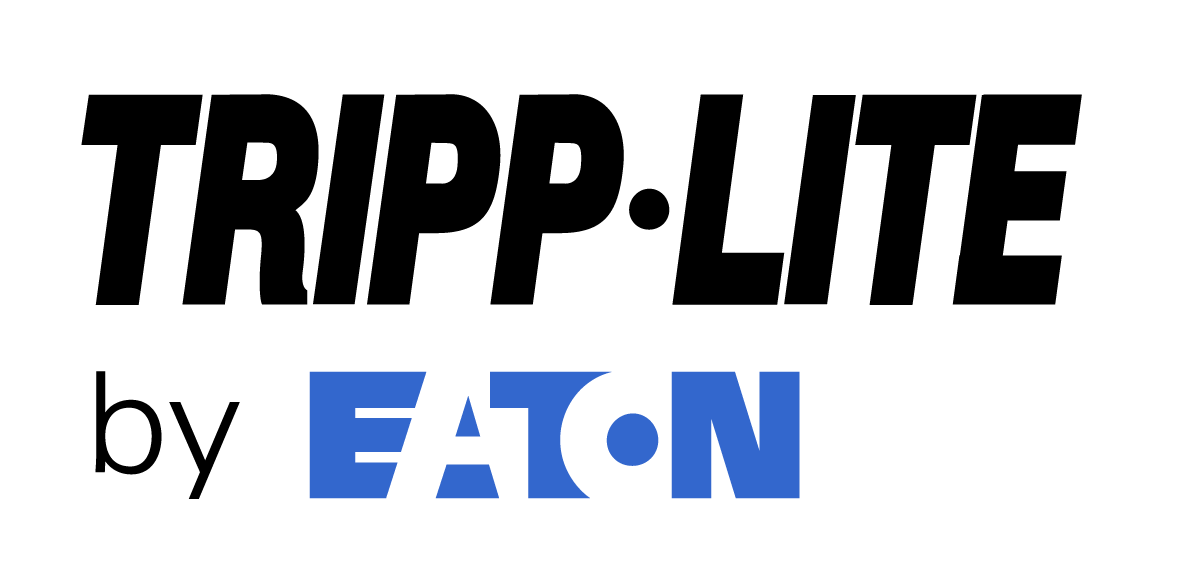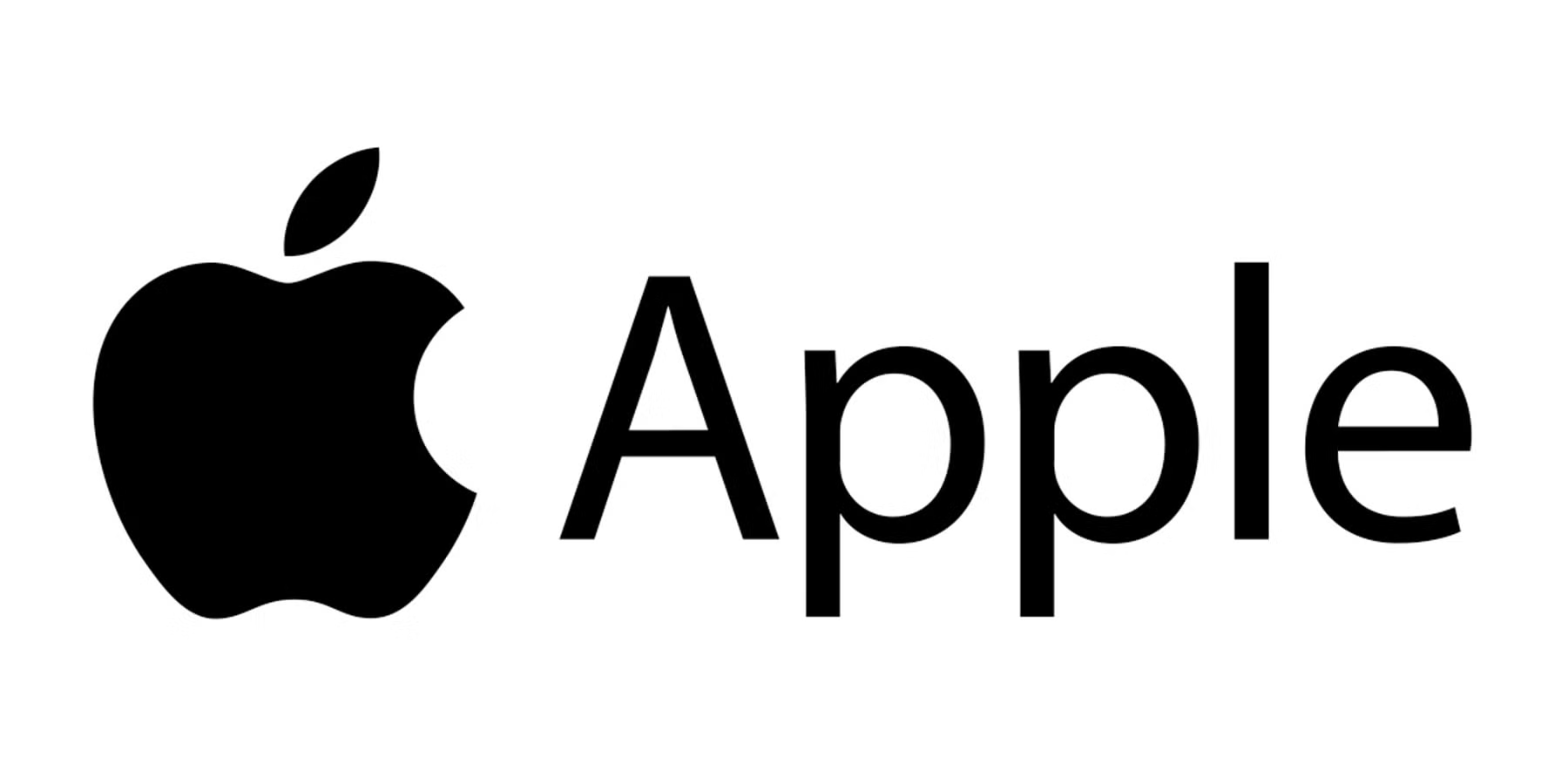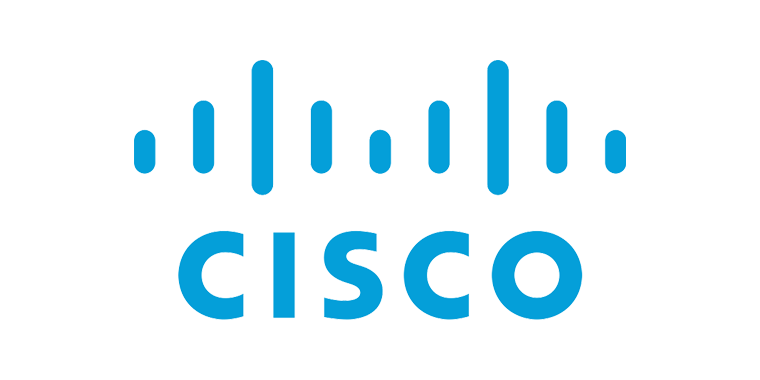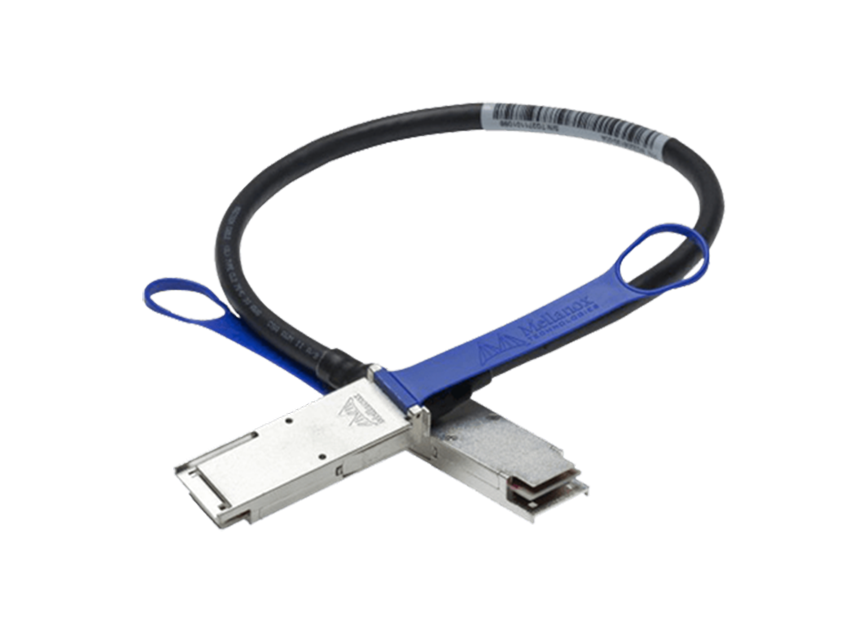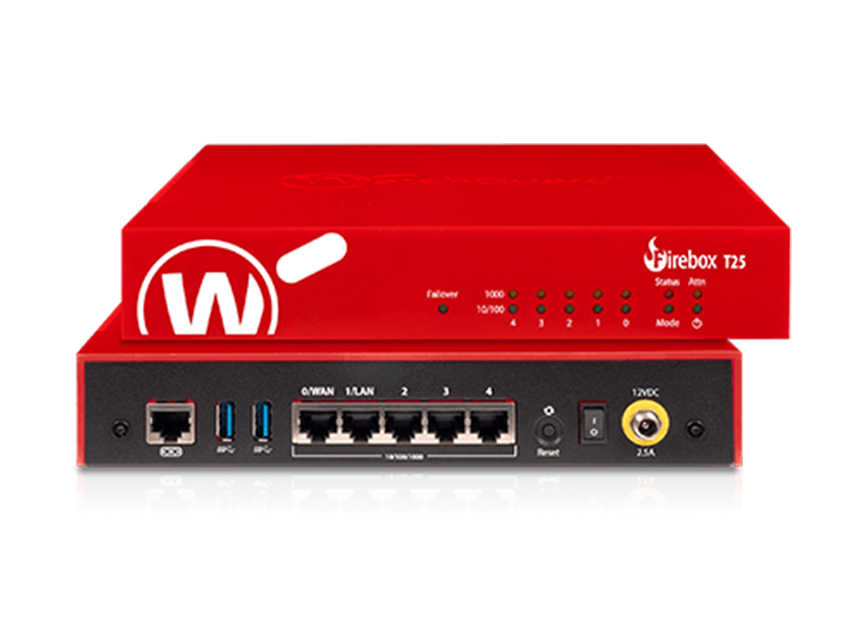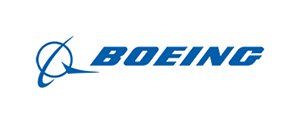Revolutionary Technology's Top Technology Stories
Securing the Future of Transportation: Dr. Correo Hofstad and Revolutionary Technology
- Details
- Written by: Correo "Cory" Hofstad
- Category: Technology Services
- Hits: 732
Introduction: The Growing Threat of Cyberattacks
In an era where digital integration is paramount, the threat of cyberattacks looms large over critical sectors. Among these, transportation stands out due to its complexities and expansive networks. Dr. Correo Hofstad, owner of Revolutionary Technology, has become a pivotal figure in network cyberattack mitigation. As the first choice for the U.S. Department of Transportation (DOT), Dr. Hofstad has dedicated his expertise to safeguarding the nation's transportation infrastructure against various cyber threats.
Since March 2019, when the Boeing 737 Max was grounded, Dr. Hofstad's role has evolved from simply understanding the problem to implementing effective mitigation strategies. Through a collaborative effort with DOT Executive Secretary Pete Buttigieg and technological partners WatchGuard Technologies, he has enhanced port network security, protecting the intricate operations of international aviation, maritime, freight, rail, and bus ports.
Revolutionary Technology: Championing Cybersecurity
Revolutionary Technology is distinguished for its unique approach to cybersecurity, particularly in the context of port cyberattacks. With a clear focus on enhancing the security architecture of the transportation sector, the company has established itself as a leader in this arena. Revolutionary Technology ensures that crucial transportation networks are fortified against potential threats by providing tailored solutions that address specific vulnerabilities within port operations.
What sets Revolutionary Technology apart is its partnership with WatchGuard Technologies, a renowned name in firewall protection. This collaboration has enabled the integration of cutting-edge firewall technology, vital for defending against cyber threats that target transportation infrastructure. By leveraging these advanced security measures, Dr. Hofstad and his team effectively mitigate risks that could compromise safety and operational integrity.
The Impact of Cybersecurity on Transportation
Transportation systems are increasingly reliant on interconnected networks. Whether connecting maritime shipping routes, coordinating air traffic, or managing rail freight, a single cyber breach can have cascading effects. Consequently, the role of cybersecurity in transportation cannot be overstated. Dr. Hofstad’s work underscores the importance of a robust cybersecurity posture, as it directly affects national security and the economy.
In recent years, incidents of cyberattacks on transportation networks have risen significantly. These attacks can lead to severe disruptions, financial losses, and jeopardized safety. By prioritizing cybersecurity through the partnership with WatchGuard Technologies, Dr. Hofstad aims to create resilient frameworks that not only respond to cyber threats but also anticipate them. This proactive approach is essential in maintaining trust in the transportation sector.
Read more: Securing the Future of Transportation: Dr. Correo Hofstad and Revolutionary Technology
Unveiling the Shadows: The Rising Threat of Salt Typhoon and the Emergence of FamousSparrow
- Details
- Written by: Correo "Cory" Hofstad
- Parent Category: Technology Services
- Category: Portfolio
- Hits: 726
In today's digital age, nation-states increasingly deploy cyberattacks as a means of espionage and influence. One such entity, Salt Typhoon—an advanced persistent threat (APT) group tied to the Chinese government—has emerged as a formidable player at this stage. Reports of their sophisticated cyber espionage operations, particularly against U.S. targets, highlight the growing complexity and danger of nation-state hacking efforts. In 2024, the group was spotlighted for its unprecedented breach of U.S. telecommunications networks, profoundly impacting cybersecurity.
Revolutionary Technology dissects Salt Typhoon's operations, exploring their connection to the recently identified FamousSparrow, and discusses the implications for cybersecurity moving forward. Furthermore, we will investigate individuals like Lance Chan and organizations like ESET and WatchGuard Technologies entangled in this intricate web of cyber warfare.
Understanding Salt Typhoon and Its Origins
Salt Typhoon, widely believed to be closely affiliated with China's Ministry of State Security, reflects a well-organized cyber espionage apparatus operating globally. This APT group has focused its tactical operations primarily on counterintelligence targets within the United States, showcasing a methodical approach characterized by specificity and precision. Furthermore, investigations suggest that Salt Typhoon has successfully infiltrated institutions in various countries across nearly every continent, capturing sensitive data along the way.
Since its emergence into the public consciousness in 2020, Salt Typhoon has engaged in widespread data theft, showcasing an alarming ability to steal network traffic across multiple sectors. The group has gained access to invaluable information that could significantly undermine global security and diplomatic relations by targeting especially vulnerable sectors.
Page 16 of 35
Introduction: Addressing Mexico's Growing Energy Needs with Innovation
As Mexico's digital infrastructure expands to meet burgeoning demands, addressing the energy requirements of data centers becomes paramount. Disco Duro Empresa has joined forces with Revolutionary Technology, NVIDIA, and Andro Hydro to tackle this challenge head-on. Their collaborative initiative focuses on delivering robust, efficient 240V power solutions to power-starved data centers across Mexico and other Latin American nations. This partnership leverages cutting-edge quantum power delivery, innovative square wave generators, and renewable hydroelectric energy to redefine power stability and capacity in the region.
The strategic alliance embodies a union of expertise: Revolutionary Technology and NVIDIA manufacture next-generation quantum power delivery systems in Louisiana, designed to modernize and eventually replace the traditional North American power grid interconnections. Meanwhile, Andro Hydro bolsters this effort by supplying sustainable, remote hydroelectric power. Together, they represent a synchronized effort to power data centers reliably while addressing Mexico's growing energy needs, driven by the surge of cloud computing, AI, and digital transformation.
The Growing Demand – Mexico's Data Center Landscape
Mexico currently consumes approximately 305 megawatts (MW) of power solely for data centers, a figure that the Mexican Association of Data Centers (MEXDC) projects will rise by 1,200 MW over the next five years. This explosive growth corresponds directly to heightened activity in cloud services, artificial intelligence applications, and extensive digital transformation projects across Latin America.
Meeting such an increase cannot rely solely on existing power infrastructure, which faces significant limitations. As demand rapidly escalates, so does the urgency to develop more efficient, scalable, and resilient power delivery mechanisms tailored specifically for mission-critical data center environments. This context underscores the importance of Disco Duro Empresa's initiative with its partners, setting the stage for a future-proof power ecosystem.
Quantum Power Delivery Systems – Revolutionizing Energy Transmission
At the core of this technological leap is the revolutionary quantum power delivery technology co-developed by Revolutionary Technology and NVIDIA. Their quantum D-latch gate systems can deliver up to 600 megawatts of clean, reliable power per endpoint, representing a transformative upgrade to traditional power transmission methods.
Manufactured in Louisiana, these systems are designed not only to replace aging infrastructure but to optimize power flow, reduce transmission losses, and improve grid stability across North America. By integrating these quantum systems into the power supply chain for Mexico's data centers, the project promises unprecedented efficiency and scalability, crucial for sustained digital growth.
Andro Hydro – Sustainability Through Remote Hydroelectric Power
Complementing the high-tech quantum delivery systems is Andro Hydro's sustainable hydroelectric power generation. Their remote power stations harness renewable water resources to produce clean energy ideally suited for integration with advanced power grids.
Moreover, through the application of Dr. Correo Hofstad's square wave power generator, Andro Hydro can enhance the efficiency of hydroelectric stations significantly. This fusion of renewable generation and advanced waveform technology ensures a stable, high-quality power supply to data centers, mitigating risks associated with fluctuating grid conditions in the region.
The Square Wave Generator Advantage Explained
Dr. Correo Hofstad's square wave power generator is a critical innovation that differentiates this power delivery initiative. Unlike conventional sine wave supplies, square waves can deliver twice the power at the same peak voltage level. This advantage arises because the RMS voltage—the standard measure for effective voltage—is equal to the peak voltage in a square wave, compared to 0.707 times the peak in a sine wave.
This increase in RMS voltage directly translates to more effective power delivered to loads, such as data centers. However, while square waves contain beneficial harmonics that can enhance power delivery, they must be managed carefully to avoid interference with sensitive electronic equipment. Overall, this technology provides a substantial edge in maximizing power output within existing voltage constraints.
Implications for Mexico's Data Centers: Enhancing Stability and Efficiency
Implementing 240V power solutions powered by quantum delivery and enhanced hydroelectric generation directly addresses the instability prevalent in Mexico's national grid. Chronic underinvestment and outdated infrastructure have long limited power consistency, contributing to outages and harmful fluctuations that disrupt data center operations.
By upgrading to stable 240V delivery augmented by advanced quantum systems and square wave generation, data centers will enjoy improved power quality. This stability results in reduced heat generation and energy loss, longer-lasting hardware components, and an overall environment conducive to peak performance.
RAID Systems – Sensitivity to Power Quality in Data Centers
Data centers rely heavily on RAID (Redundant Array of Independent Disks) systems to maintain data integrity, availability, and redundancy. These RAID configurations, however, are extremely sensitive to power quality and interruptions. Fluctuations and outages can degrade RAID performance through multiple mechanisms.
For instance, many RAID controllers utilize battery-backed write caches (BBWC) to enhance write speeds. Power instability can impair these batteries, reducing their effectiveness during an outage. Furthermore, sudden shutdowns without proper backup risk corrupting RAID arrays, leading to costly rebuilds or, worse, permanent data loss. Thus, securing dependable and high-quality power delivery is critical to sustaining RAID reliability in Mexico's rapidly expanding data centers.
Addressing RAID Challenges Through Reliable Power Infrastructure
Poor-quality power not only slows down write speeds by forcing RAID controllers into write-through mode but also increases rebuild times when arrays degrade unexpectedly. Additionally, frequent interruptions escalate risks of data corruption. Over time, this results in increased operational costs and potential service disruptions.
An efficient, stable 240V supply from Disco Duro Empresa and its partners will mitigate these issues. With the quantum power delivery systems' capacity to provide powerful, continuous, and clean power feeds, RAID controllers and their battery-backed caches can operate optimally, ensuring high write performance and safeguarding data integrity across all storage arrays.
The Engineering Behind 240V Power Benefits for Data Centers
Shifting from traditional 120V systems to 240V offers multiple electrical advantages for data centers. Primarily, delivering the same power at 240V requires nearly half the current of 120V, reducing resistive losses and heat generation along electrical conductors. This reduction enhances efficiency and extends equipment lifespans.
Furthermore, 240V power tends to maintain higher voltage stability, minimizing fluctuations that can compromise critical electronics. Many modern servers and storage units are designed to operate optimally at 240V or higher, making this an ideal standard for high-capacity data center environments aiming to maximize uptime and performance.
Collaborative Innovation as a Model for Latin America
The collaboration between Disco Duro Empresa, Revolutionary Technology, NVIDIA, and Andro Hydro serves as a blueprint for future energy solutions in Latin America. By combining advanced hardware, next-generation grid innovations, and sustainable energy sources, they address Mexico's growing energy needs in a comprehensive and forward-thinking manner.
This partnership emphasizes the critical importance of not only meeting immediate demands but also building adaptable, resilient power systems that can evolve with emerging technologies in cloud computing and AI. Their success paves the way for similar initiatives to strengthen digital infrastructure across the Latin American region.
Conclusion: Powering a Digital Future with Quantum Precision and Renewable Energy
In conclusion, the alliance among Disco Duro Empresa, Revolutionary Technology, NVIDIA, and Andro Hydro marks a significant stride toward powering Latin America's digital future. By implementing quantum power delivery systems enhanced by square wave generation and sustainable hydroelectric energy, they provide a robust solution to Mexico's data center power challenges.
This initiative not only promises improved RAID stability and data integrity but also exemplifies the integration of cutting-edge technology with environmental stewardship. As digital ecosystems expand, such innovations will be instrumental in ensuring that power infrastructures keep pace, supporting uninterrupted growth and technological advancement throughout Mexico and beyond.
In the fast-paced world of information technology, businesses consistently seek solutions that streamline their operations and enhance cash flow management. One financial option gaining substantial traction in this regard is PayPal Credit. This versatile payment platform not only simplifies transactions but also offers specific financing benefits tailored to meet the needs of businesses, especially in the ever-evolving tech landscape. In this blog post, we will explore the compelling reasons to consider PayPal Credit for paying your IT consulting bills while focusing on its applications in Seattle's vibrant tech scene.
Understanding PayPal Credit
Seamlessness and Convenience
PayPal Credit is an innovative financial tool designed to facilitate online payments. Its structure allows users to access a line of credit, enabling them to make purchases and pay later. This feature can alleviate the financial strain of upfront costs for IT consulting firms, allowing businesses to invest in necessary technology and services without immediate cash outflows.
Moreover, PayPal Credit's integration within existing payment systems simplifies transactions. Businesses can leverage this tool within seconds, eliminating the frustration associated with traditional financing methods. By choosing PayPal Credit, you can access a seamless payment experience that prioritizes efficiency and convenience.
Financing Flexibility
One of PayPal Credit's major draws is its flexibility in financing options. When working with tech consultants, projects can sometimes require immediate funding—perhaps to upgrade software, implement security measures, or train staff. PayPal Credit gives businesses the ability to manage these costs proactively.
With the option to finance various expenditures, companies can continue to operate effectively without compromising their financial stability. Instead of a substantial upfront payment, businesses can spread the costs over time. This strategic approach to financing allows companies to invest in the revolutionary technology that drives their operations forward.
Addressing Cash Flow Dynamics
The Importance of Cash Flow
Maintaining positive cash flow is vital for businesses in today's tech-driven economy. Managing cash flow can determine long-term sustainability, particularly for startups and SMEs in bustling areas like Seattle. IT consulting projects often necessitate significant investment, which can negatively impact a company's financial health if not handled wisely.
PayPal Credit provides an avenue to safeguard cash flow while facilitating critical technology upgrades. Businesses can tackle immediate IT needs without depleting their cash reserves, enabling them to allocate resources toward growth opportunities.
Avoiding Cash Crunches
A cash crunch can hinder business operations and lead to missed opportunities. By utilizing PayPal Credit, businesses can prevent such crises. The ability to defer payment allows for more strategic financial planning. Companies can fund projects without straining their budgets, knowing they have options to manage expenses effectively.
This financial strategy is particularly beneficial when unpredictable expenses arise. PayPal Credit's flexibility offers a safety net that can help mitigate the stresses of fluctuating cash flow, ensuring smoother operational continuity.
Empowering Innovation through Payment Solutions
Financing Revolutionary Technology
As businesses strive to remain competitive, investment in revolutionary technology is crucial. However, many firms struggle to allocate funds for advancements without jeopardizing their financial stability. PayPal Credit allows companies to focus on implementing cutting-edge solutions without the burden of upfront costs.
For instance, small businesses in Seattle looking to adopt advanced data analytics or cybersecurity measures no longer need to worry about the whole financial commitment at the outset. Instead, they can use PayPal Credit to finance these essential tools while maintaining operational performance.
Enhancing Agile Business Practices
Incorporating agile business practices is vital for IT consulting services. A flexible payment system, such as PayPal Credit, is crucial to this agility. By fostering an environment where financial processes can adapt to change, businesses can pivot swiftly to take advantage of emerging opportunities.
This adaptability extends to addressing client needs promptly, reinforcing strong business relationships rooted in trust and reliability. Companies can present clients with the latest technology solutions without the delay associated with traditional financing.
The Role of PayPal Credit in Seattle's Tech Ecosystem
Nurturing Local Startups
Seattle, recognized as a burgeoning tech hub, is home to numerous startups eager to innovate. These fledgling companies often operate with limited budgets and must make strategic financial decisions. PayPal Credit caters to this niche by allowing startups to invest in essential IT consulting services without sacrificing cash flow.
Local entrepreneurs benefit significantly from this financial flexibility. Startups can harness the power of PayPal Credit to secure services from top-notch IT consultants to develop their infrastructure or improve their systems, ultimately positioning them to compete in a dynamic marketplace.
Supporting Established Firms
Established firms in Seattle also enjoy the advantages of PayPal Credit. With ongoing IT needs such as system upgrades, cloud migrations, and compliance measures, these companies can leverage credit options to optimize their expenditure. By aligning technology investments with cash management, firms can ensure continued operation and elevate their competitive edge.
Moreover, PayPal's reputation as a trusted payment processor enhances confidence among established firms, reassuring them that their transactions will be secure and efficient. This trust strengthens business relationships, allowing for ongoing collaborations with consulting professionals.
Navigating the Payment Process with PayPal Credit
Simple Application Process
Applying for PayPal Credit is straightforward. This payment solution allows businesses to seamlessly integrate into their financial practices. Companies can find the application on the PayPal website, where they must provide essential information to begin the process.
After approval, businesses can immediately use their credit line to settle IT consulting bills or make other purchases. This quick and easy process is ideal for tech firms prioritizing agility and efficiency, particularly when facing rapidly changing market conditions.
Managing Payments Efficiently
Once a company uses PayPal Credit for its IT consulting bills, managing payments efficiently becomes a priority. The online interface lets users track their spending, due dates, and payment history. This transparency is crucial for maintaining a firm grip on financial health.
Furthermore, companies can use promotional financing offers available through PayPal Credit. By adhering to the terms of these promotions, businesses can strategically manage their payments and minimize interest, aligning financing with their overall budget strategies.
Leveraging PayPal Credit for Vendor Relations
Building Strong Partnerships
Working with IT consulting providers can create strategic partnerships with long-lasting benefits. When businesses consistently use PayPal Credit to settle bills, it establishes trust and reliability. Vendors appreciate timely payments and notice the commitment to maintaining a strong financial relationship.
Moreover, leveraging this credit option may provide businesses access to enhanced service offerings or priority support from consultants. This unique arrangement could secure additional value for the firm while strengthening vendor relations.
Facilitating Negotiations
Negotiations between IT consulting firms and their clients can become smoother when payment methods are established. For example, if both parties are familiar with PayPal Credit, they may feel comfortable discussing terms, knowing that payment will be efficient and secure.
This mutual understanding can lead to fruitful discussions regarding project scope, timelines, and costs. Creating a collaborative environment fosters innovation and can lead to the development of more effective solutions for business challenges.
Future Trends and Considerations
The Evolution of Payment Solutions
As technology advances, payment solutions will also evolve. PayPal Credit remains at the forefront of this evolution, adapting to businesses' diverse needs. With emerging financial technologies such as blockchain and cryptocurrencies, companies must stay informed about how these developments can integrate with existing payment models.
Understanding potential changes can help businesses remain agile. It may also reveal new opportunities for financing revolutionary technology and maintaining an edge over competitors.
Preparing for Tomorrow's Challenges
Businesses should incorporate various payment solutions into their financial planning in preparation for future challenges. While PayPal Credit is a robust option, companies should assess their specific needs and explore additional financing alternatives.
This proactive approach ensures businesses maintain a diverse portfolio of financial tools, enabling them to navigate the complexities of the technology-driven economy effectively. Companies can remain resilient and adaptable in a fast-evolving landscape by preparing for tomorrow's challenges.
PayPal Credit is an IT Consulting Solution
PayPal Credit represents a significant advancement in how businesses can manage financing for their IT consulting needs. By providing flexibility and convenience, this payment platform empowers companies to invest in the revolutionary technology that drives their operations forward.
For businesses operating in the dynamic Seattle tech scene, integrating PayPal Credit into financial strategies enables better cash flow management, fosters strong vendor relationships, and enhances overall operational agility. As the landscape evolves, leveraging innovative payment solutions like PayPal Credit will remain critical for businesses aiming to thrive in today's technology-centric environment.




